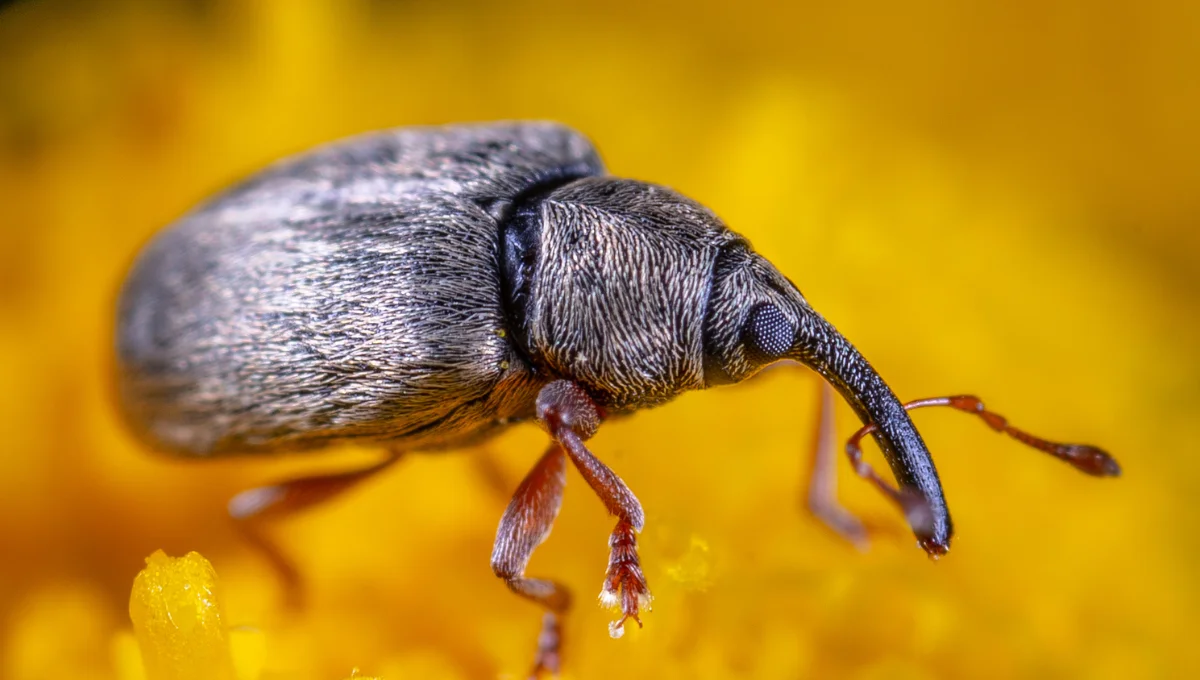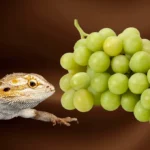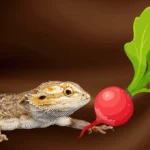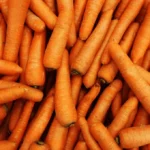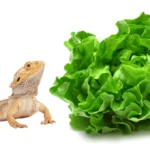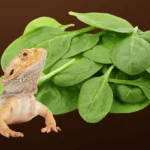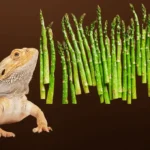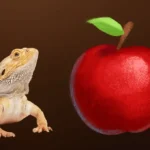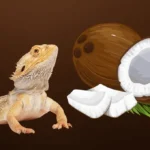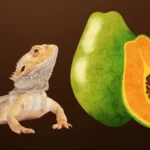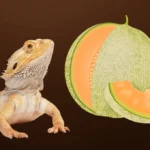Bearded dragons are omnivorous reptiles with a diet that includes insects, vegetables, fruits, and greens. While many insects are suitable for bearded dragons, the safety and nutritional value of different insect species can vary. Beetles are one such insect, and they come in various types.
This article explores whether beetles are a suitable food for bearded dragons, including their nutritional benefits, potential risks, and guidelines for safe consumption.
Nutritional Profile of Beetles
Beetles are a diverse group of insects with different nutritional profiles depending on the species. Here’s a general overview of the nutritional aspects of beetles and their suitability for bearded dragons:
Protein Content
Beetles are a good source of protein, which is essential for the growth and repair of tissues in bearded dragons. Protein supports overall health and is particularly important for juveniles and active adult bearded dragons. However, the protein content can vary between different beetle species.
Fat Content
Beetles generally have a moderate fat content. While fats provide necessary energy, excessive fat can lead to obesity and other health issues if not managed properly. It’s important to balance the fat intake with other dietary components.
Vitamins and Minerals
Beetles contain various vitamins and minerals, though the specific content can vary by species. They generally provide:
- B Vitamins: Important for metabolism and overall health.
- Iron: Supports red blood cell production and energy levels.
- Calcium: Essential for bone health, though the calcium content can be low compared to other insect options.
Fiber Content
The fiber content in beetles is relatively low compared to other food sources. Fiber aids in digestion but is not as significant in beetles as in some plant-based foods.
Benefits of Feeding Beetles to Bearded Dragons
Feeding beetles to bearded dragons can offer several benefits:
1. Protein Source
Beetles provide a good source of protein, which is essential for muscle development and overall health. They can be a valuable addition to a varied diet, especially when other protein sources are also included.
2. Nutritional Variety
Including beetles in the diet can add variety and prevent nutritional deficiencies. Offering a range of insect types ensures that your bearded dragon receives a broad spectrum of nutrients.
Risks and Considerations When Feeding Beetles
While beetles can be a nutritious food source, there are some risks and considerations:
1. Potential for High Fat Content
Some beetle species have a higher fat content, which can contribute to obesity and related health issues if fed in excess. It’s important to offer beetles in moderation and balance them with other food items.
2. Low Calcium Content
The calcium content in beetles is relatively low compared to other insects like dubia roaches or crickets. A low calcium intake can lead to metabolic bone disease (MBD) and other health problems. It’s crucial to balance beetles with calcium-rich foods.
3. Digestive Issues
Beetles have a hard exoskeleton, which can be difficult for some bearded dragons to digest, particularly for younger or smaller individuals. Offering appropriately sized beetles and monitoring for digestive issues is important.
4. Risk of Choking
Due to their hard exoskeleton, beetles may pose a choking hazard, especially for smaller or younger bearded dragons. Ensure that the beetles are appropriately sized and consider removing their hard parts if necessary.
How to Safely Feed Beetles to Bearded Dragons
If you decide to include beetles in your bearded dragon’s diet, follow these guidelines to ensure safety and nutritional balance:
1. Choose the Right Beetle Species
Opt for beetles that are known to be safe for reptiles, such as small, non-toxic beetles. Avoid wild-caught beetles, as they may have been exposed to pesticides or other harmful substances.
2. Offer in Moderation
Feed beetles as an occasional treat rather than a staple food. Ensure that they are part of a varied diet that includes other insects, vegetables, and greens.
3. Prepare Properly
Ensure that beetles are clean and free from pesticides. If necessary, remove the hard exoskeleton or any other hard parts to prevent choking and facilitate easier digestion.
4. Monitor for Adverse Reactions
Observe your bearded dragon after introducing beetles into their diet. Watch for any signs of digestive upset or changes in behavior. If any adverse reactions occur, discontinue feeding beetles.
Alternative Insects for Bearded Dragons
For a safer and more nutritionally balanced diet, consider these alternative insects:
| Insect | Nutritional Benefits | Feeding Frequency |
|---|---|---|
| Crickets | High in protein, calcium-rich when gut-loaded | Daily (juveniles), 2-3 times a week (adults) |
| Dubia Roaches | High in protein, moderate calcium | 2-3 times a week |
| Mealworms | High in protein, moderate fat | 1-2 times a week |
| Silkworms | Good protein source, lower in fat | 1-2 times a week |
| Black Soldier Fly Larvae | High in protein and calcium | 1-2 times a week |
These insects are commonly used in reptile diets and provide a more consistent and balanced nutritional profile.
Conclusion
Beetles can be included in a bearded dragon’s diet occasionally, but they should not be a primary food source. While they offer benefits such as protein and variety, they also present risks related to high fat content, low calcium, and digestive issues. For a healthy and balanced diet, ensure that beetles are fed in moderation and alongside other nutritious insects and foods. By following these guidelines, you can provide a diverse and well-rounded diet for your bearded dragon.
